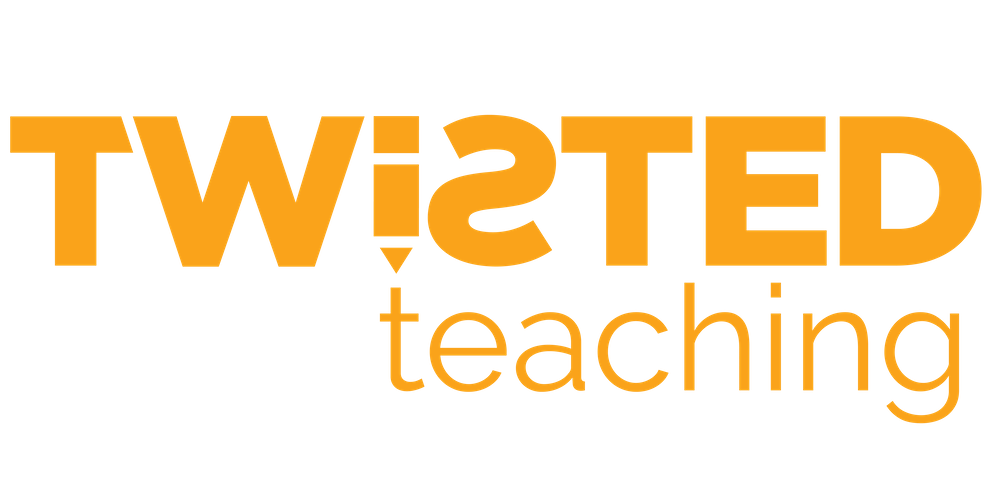As an educator, you are always looking for ways to improve your teaching. But what is the best way to get better? The answer may surprise you: reflection. That’s right, the best thing you can do to improve your teaching is to reflect on your practice. In this blog post, we’ll explore how reflection can help you become a more effective educator. We’ll also provide some tips on how to Reflect effectively. So let’s get started!
As educators, it is important to make reflection a priority. Reflection helps us identify our strengths and weaknesses, improves our decision making, and allows us to grow and develop professionally. Incorporating reflective practices into our classroom or workplace will facilitate meaningful communication and deeper connections with students, colleagues, families, and the community. It is essential for educators to create space for mindful self-reflection to ensure that we are doing the best job possible in providing an effective learning environment.
Reflection is a core component of radical healing, allowing us to be more aware of our thoughts, feelings and actions. With reflection, we can better understand how the choices made in the past have impacted our present situation, and how our current choices will shape the future. This deeper awareness gives us the opportunity to step back and take an objective view of ourselves with compassion and understanding. By actively reflecting on our behavior and habits, we can make conscious decisions to nurture our health holistically and cultivate a deeper relationship with ourselves.
Educators reflecting on their practice is important for their students’ academic success. Reflection helps teachers to question their teaching strategies, understand how students interact and learn differently, uncover potential biases and cultivate an open, caring learning environment. Self-reflection allows educators to think critically about the successes and challenges within the classroom and actively create opportunities for meaningful growth and development amongst their students. By dedicating time to reflect and grow as professionals, teachers are setting up their students with a strong foundation of knowledge that will allow them to thrive in any academic setting.
Reflection is a powerful tool that helps students gain a deeper understanding of themselves, their environment and their place in the world. It is an essential part of learning and personal growth, allowing students to identify areas for improvement, develop problem-solving skills, and cultivate self-confidence as they set and reach goals. Reflection also encourages students to think critically about their experiences, recognize patterns in behavior and beliefs, and challenge assumptions about themselves and the world. Through intentional reflection, students can use past experiences to inform present decisions and create meaningful habits for future success.
Developing the habit of reflection is important for teachers and students alike. By regularly self-reflecting, teachers can better evaluate their teaching strategies and make improvements if necessary. Reflection also helps them to identify potential biases and cultivate an open, caring learning environment. For students, developing the habit of reflection allows them to gain a deeper understanding of themselves, their environment and their place in the world. It encourages critical thinking about their experiences, recognizes patterns in behavior and beliefs, and challenge assumptions about themselves and the world. Through intentional reflection, both teachers and students can use past experiences to inform present decisions and create meaningful habits for future success.
1. Model self-reflection in the classroom by discussing your own past experiences and how they have shaped you
2. Encourage students to keep a journal to reflect on their thoughts, feelings, emotions and actions
3. Set aside time for pause and reflection during class or homework assignments
4. Discuss reflective questions such as “what went well?” or “how can I improve?” with students both individually and in groups
5. Invite guest speakers or alumni to provide different perspectives about their journey and how they used reflection as a tool for personal development
Reflective practices can be highly beneficial for both students and educators. By allowing educators to take the time to pause and consider their own lessons and experiences, they are able to become more connected with their students and gain valuable insights. Reflectivity also gives students an increased understanding of themselves, enhancing their learning experience and helping them reach their goals. With thoughtful reflection, educators and students alike can empower one another and cultivate a meaningful educational environment.


